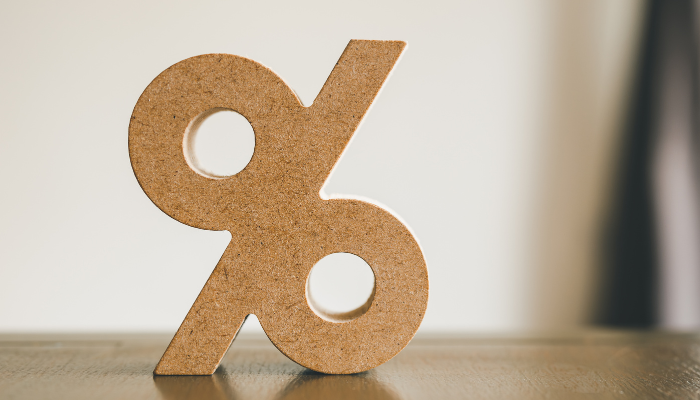
The Central Bank's recent decision to maintain the Selic rate 2024 at 10.50% has generated several discussions about the economic impacts of this measure.
A Selic, the basic interest rate of the Brazilian economy, directly influences several economic spheres, from investments to consumption.
Understanding how this decision affects different sectors is crucial to understanding the current economic landscape.
This article aims to analyze the main effects of this decision, addressing its impacts on inflation, us investments and in the credit market.

To begin with, the Selic rate is one of the main instruments used by the Central Bank to regulate the inflation.
When the Selic is high, the cost of credit increases, discouraging consumption and, consequently, reducing inflationary pressure.
However, keep the Selic at a high level, such as the current 10.50%, it has different effects.
On the one hand, maintaining the rate can help to hold the inflation, which is a constant concern for the Brazilian economy.
With the High Selic, loans become more expensive, which reduces the consumption of goods and services and helps control prices.
On the other hand, high interest rates can hinder economic growth, as companies and consumers may postpone investments and purchases due to the high cost of credit.
Furthermore, the high Selic rate it also affects investments in the country.
Investors often seek returns that exceed the inflation and the Brazil interest rate. With the Selic at 10.50%, fixed income investments, such as Tesouro Direto and CDBs, become more attractive.
These investments are considered safer and, with the High Selic, offer better returns.
However, this attractiveness can divert resources that could be invested in productive sectors of the economy, such as industry and services.
With more money directed to fixed income, there may be less capital available for investment in new business projects, innovation and business expansion.
This direction, in the long term, can restrict economic growth and job creation.
Consequently, the credit market is directly affected by Selic rate.
With the Selic at 10.50%, interest charged on loans, financing and credit cards tends to be higher.
For consumers, this means that obtaining credit becomes more expensive. For example, financing the purchase of a car or home may become less affordable for many families.
Furthermore, high interest rates can discourage the consumption of durable goods, such as household appliances and electronics, which are often purchased in installments.
The reduction in consumption can negatively impact commerce and industry, generating a cascade effect on the economy, with lower production and possible job cuts.
On the other hand, consumers who have investments in fixed income products can benefit from high interest rates, obtaining better returns on their investments.
This dynamic, however, benefits savers more than consumers who need credit.
In summary, the Central Bank's decision to maintain the Selic rate at 10.50% has significant impacts on inflation, in investments and in the credit market.
Although the measure can help control inflation, it can also hinder economic growth and consumption.
For investors, the High Selic offers attractive opportunities in fixed income.
For those interested in taking advantage of the benefits of fixed income investments in a scenario of High Selic, several applications can be useful.
Here are some examples with real links and their reviews:
In this sense, apps like Rich, Easynvest, XP Investimentos It is Treasury Direct can be useful tools to maximize returns in this scenario.
Finally, careful analysis and financial planning are essential to navigating the effects of this monetary policy.